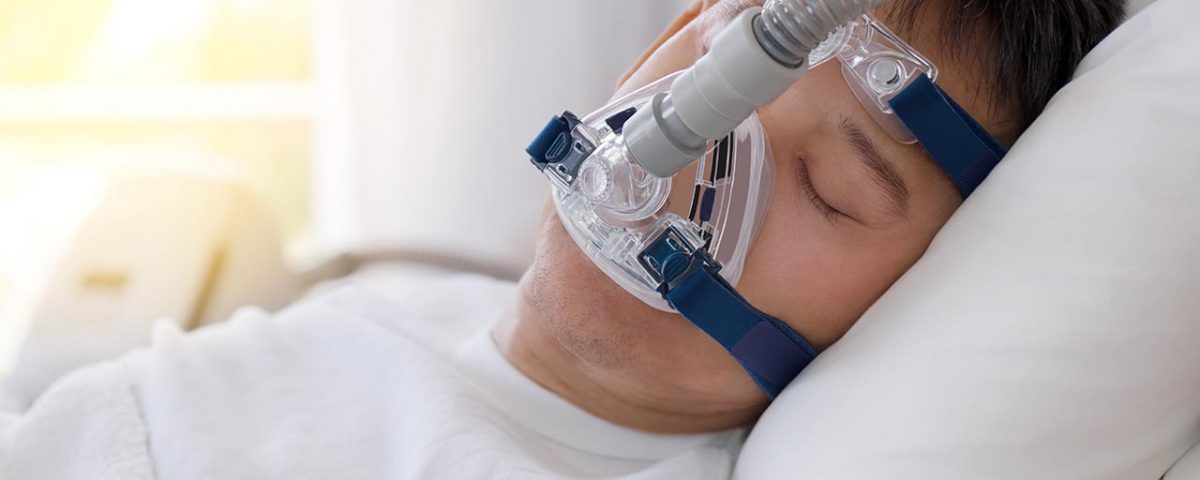Alcohol and Sleep Apnea
Alcohol abuse or long-term binge drinking can cause various negative effects on the body and the mind.
Overconsumption of alcohol can disrupt the way the body and mind function, which is why alcohol and sleep apnea go hand in hand. Alcohol consumption is common in people with sleep apnea. According to research, people who consume alcohol are 25% more likely to have sleep apnea than those who do not.1 Individuals who suffer from alcoholism can avoid sleep apnea and many other negative health conditions by receiving alcohol addiction treatment right away.
At Banyan Treatment Centers Boca, we understand the dangers that can result from the combination of alcohol and sleep apnea. That’s why we provide various drug and alcohol treatments to help those struggling with alcoholism get treated and get sober.
What is Sleep Apnea?
Sleep apnea is a condition that causes abnormal breathing during sleep. People with sleep apnea usually experience multiple extended pauses of breath while they’re sleeping. These lapses of breathing can prevent you from getting a healthy amount of sleep and the need to supply oxygen to the brain.2 This lack of oxygen can lead to serious health consequences.
Like alcoholism, sleep apnea is common in the U.S., which makes it important for people to that alcohol and sleep apnea are a hazardous combination. Having sleep apnea can lead to uncomfortable and harmful symptoms.
Some signs and symptoms of sleep apnea include:
- Disrupted breathing
- Spans of labored or lack of breathing that can last up to a minute
- Sleeping during the day
- Headaches when you wake up
- Irritability
- Difficulty concentrating
- Snoring
- Gasping
- Chocking
- Sore throat
- Dry mouth
- Frequent urination
These symptoms can lead to additional health conditions and prevent you from living a healthy life.
How Does Alcohol Affect Sleep Apnea?
In a person who has sleep apnea, alcohol abuse can increase their risk of stroke, heart disease, and hypertension. Long-term alcohol abuse can increase the severity of sleep apnea symptoms and cause an uncomfortable environment at home. Like other sleep apnea symptoms, lack of sleep can affect a person’s ability to function at work and home, as well as their mood.
Alcohol and sleep apnea can also have a negative effect on your mental health. The combination of lack of sleep, underlying health risks, and discomfort can take its toll. At Banyan Boca, we have a mental health program for individuals who are also struggling mentally as a result of substance abuse, health conditions like sleep apnea, or other forms of mental illness.
Can Alcohol Cause Sleep Apnea?
Alcohol abuse can increase the risk of developing sleep apnea because it hinders your ability to breathe while you’re sleeping. Developing sleep apnea after drinking alcohol is possible because alcohol has a sedative effect on the body, relaxing all of the muscles, including the ones in the throat. When this form of muscle relaxation is continuously produced, it can cause your airways to collapse. As a result, a person will be more likely to develop sleep apnea and suffer its symptoms.
At our rehab facility in Boca, we understand the dangers of alcoholism, and how alcohol induced sleep apnea can negatively change a person’s life.
If you or a loved one are battling with drug or alcohol abuse, do not wait to get help. Call us now at888-966-9413 to get started on your recovery journey.
Sources:




















